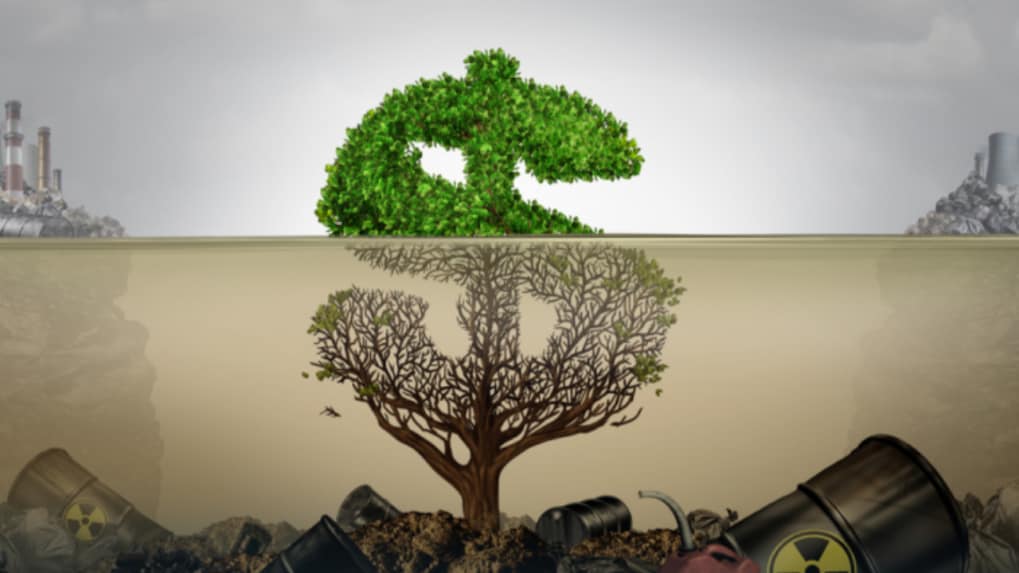Brand Makers
Dil Ka Jod Hai, Tootega Nahin

In a time when climate change is a major concern, companies are increasingly positioning themselves as eco-friendly. However, not everything that is green is actually sustainable. Greenwashing is a growing digital trend that is subtly deceiving consumers, and authorities are beginning to notice.
What is greenwashing, exactly? Greenwashing is the practice of businesses making exaggerated or fraudulent claims about how environmentally friendly their practices, values, or products are. Giving the appearance of sustainability without supporting it with actual action is known as "greenwashing," and it can take many forms, from ambiguous terms like "eco-conscious" to the use of deceptive imagery like green leaves and earthy hues.
At its core, greenwashing is a marketing tactic. It exploits the rising consumer demand for ethical and eco-friendly goods by using environmental messaging that sounds impressive but lacks evidence. Common examples include fashion brands advertising ‘sustainable collections’ without disclosing materials, carbon footprint, or supply chain ethics—or tech firms boasting of “net zero goals” while continuing to operate in polluting industries.
Why is it gaining traction online? As more brands push their sustainability message through digital platforms—especially social media—greenwashing has become harder to spot. Glossy Instagram campaigns, influencer partnerships, and hashtags like #greenliving or #sustainablestyle can blur the line between genuine eco-efforts and pure branding.
Influencer marketing, in particular, has helped amplify these claims. Many creators promote ‘green’ products without knowing whether the claims are verified. Meanwhile, brands benefit from associating with sustainability without making long-term commitments.
Why does greenwashing matter? Greenwashing isn’t just misleading—it’s damaging. It dilutes the credibility of genuinely sustainable brands and confuses consumers trying to make ethical choices. More importantly, it stalls real progress by allowing companies to appear climate-conscious without actually changing their harmful practices.
It also puts pressure on regulatory bodies. In several countries, including the UK and parts of the EU, watchdogs have already cracked down on misleading environmental claims. India, too, is beginning to tighten scrutiny as part of its larger ESG (Environmental, Social and Governance) framework push.
What can consumers do? Consumers can protect themselves by looking beyond labels. Certifications like Fair Trade, B Corp, or GOTS (Global Organic Textile Standard) are more trustworthy than vague buzzwords. Reading the fine print—such as material breakdowns, manufacturing information, and brand transparency reports—can also help weed out real efforts from superficial ones.
At a time when climate accountability is a public expectation, greenwashing might offer short-term wins, but brands that lack transparency will eventually face backlash—both from informed consumers and regulatory bodies.
"The raucous, almost deafening, cuss words from the heartland that Piyush Pandey used with gay abandon turned things upside down in the old world order."
Read MoreFrom OpenAI’s ChatGPT-powered Atlas to Microsoft’s Copilot-enabled Edge, a new generation of AI-first browsers is transforming how people search, surf and interact online — and reshaping the future of digital advertising.